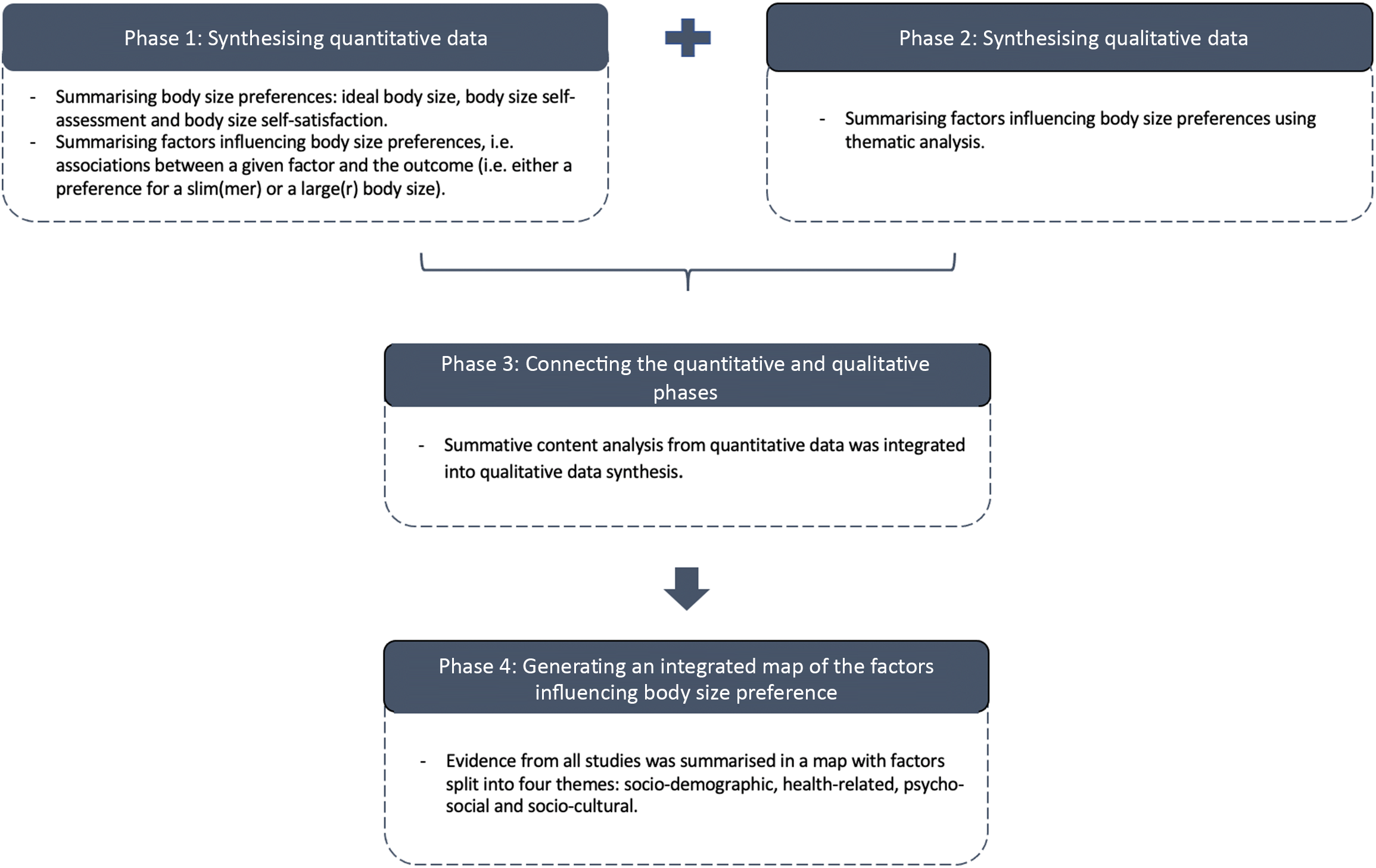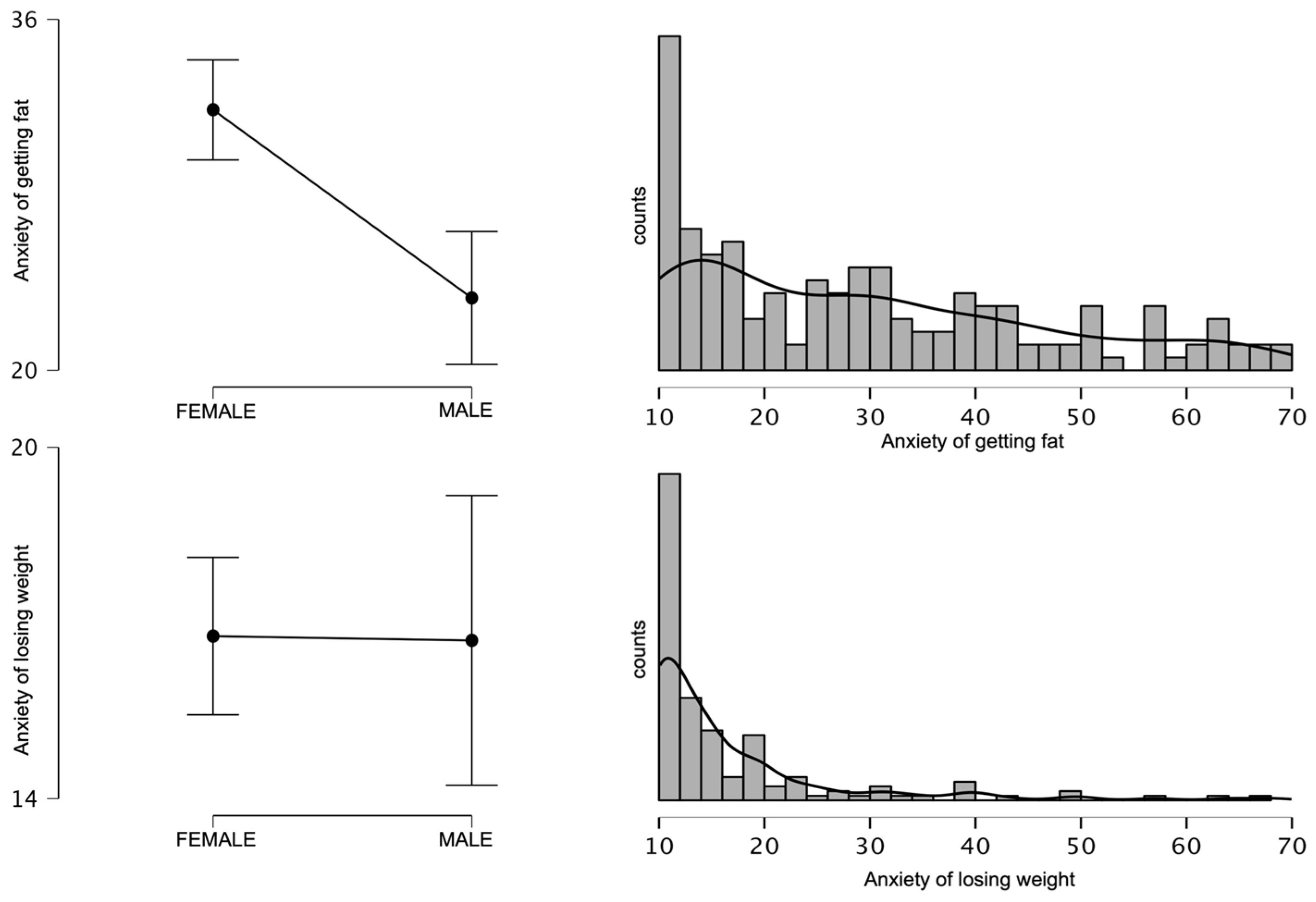![PDF] Preferred body size in urban Ghanaian women: implication on the overweight/obesity problem](https://d3i71xaburhd42.cloudfront.net/20e93940f1776fd75be6a5a4f9b091c0b8b5d5b8/9-Figure1-1.png)
PDF] Preferred body size in urban Ghanaian women: implication on the overweight/obesity problem
It is shown that tackling the overweight/obesity problem solely from nutrition and health perspective may not be adequate and a holistic interdisciplinary strategy involving nutrition, health, social and behavioural science is needed to develop culturally-sensitive interventions against the emerging obesity problem. INTRODUCTION: in a society where 'plumpness' is traditionally favoured, it is imperative to examine the impact of sociocultural factors on the rising overweight/obesity problem. The study was designed to assess the preferred body size among women in Kumasi metropolis, Ghana. METHODS: a cross-sectional survey was conducted among 394 women, aged 20 years and above, in 6 randomly selected churches in the Kumasi metropolis. Subjects were asked to select their preferred body size from photographic silhouettes consisting of six images of women of known BMI (20, 24, 28, 30, 33 and 38kg/m2) arranged in random order. Participants were asked to associate items concerning body size preference, health, social and individual attributes to one of the six silhouettes. Participants' BMI were assessed. Independent samples t-test and analysis of variance were used to assess differences in preferred body size across categories of BMI and socio-demographic characteristics. RESULTS: the prevalence of overweight/obesity among the women was 68.4%. The respondents preferred a large (overweight) body size. They associated silhouette of large (overweight) body size with eating well, affluence and high social value. Though the overweight/obese respondents associated normal body size with health they preferred a large (overweight) body size. CONCLUSION: sociocultural ideals for body size override health reasons for the women's preferred body size. This study shows that tackling the overweight/obesity problem solely from nutrition and health perspective may not be adequate. A holistic interdisciplinary strategy involving nutrition, health, social and behavioural science is needed to develop culturally-sensitive interventions against the emerging obesity problem.

Overweight and obesity epidemic in Ghana—a systematic review and

PDF) Preferred body size in urban Ghanaian women: implication on

Overweight and obesity epidemic in Ghana—a systematic review and

PDF) Preferred body size in urban Ghanaian women: implication on

PDF) Prevalence of Overweight and Obesity and Perception of

Body size preferences for women and adolescent girls living in

PDF) Preferred body size in urban Ghanaian women: implication on

PDF) Preferred body size in urban Ghanaian women: implication on

IJERPH, Free Full-Text

PDF) Predictors of Overweight/Obesity in Urban Ghanaian Women

PDF) Perceived ideal body size of Ghanaian women: “Not too skinny









